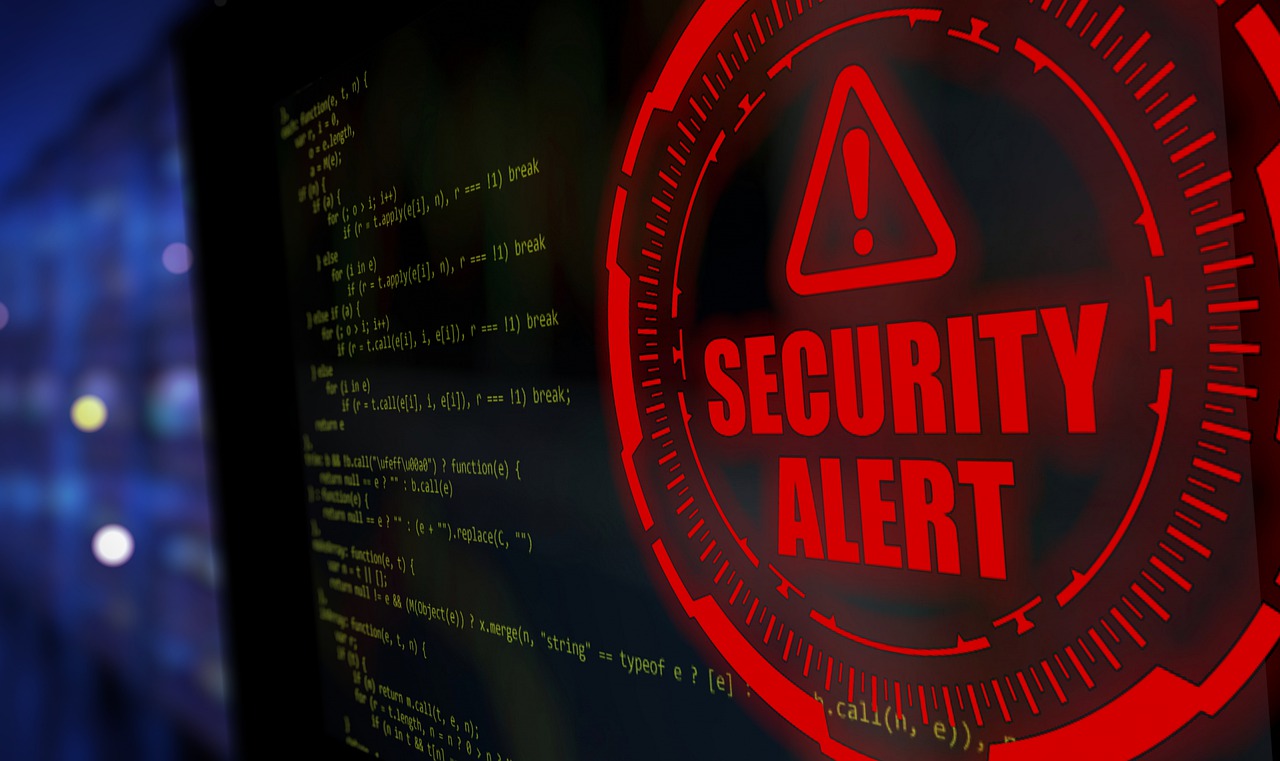This past week, the House passed a bill that would shore up cybersecurity for small businesses in significant ways. Following the past year’s events, security issues have become even more precarious than before COVID. This is why action is so desperately needed on this front.
The Small Business Administration (SBA) Cyber Awareness Act mandates that the SBA reports on its cybersecurity capabilities. They will also have to notify Congress if some form of breach occurs. This new legislation was approved back in 2019. However, problems arose, and Congress’s inaction and failure to sign it into law brought things to an abrupt halt. The House unanimously passed the bill this past Tuesday in a 423-0 vote.

Jason Crow, a Democrat sponsor of the bill, used real-life examples to emphasize the necessity of passing the Cyber Awareness Act. Crow argued that in an incident that occurred earlier in 2021, over 8000 people who’d applied for the SBA’s Economic Disaster Loan Program had their information comprised.
Crow explained that: “Cyberattacks are one of the biggest threats to our economy and small businesses and way of life.” The bill in question, he continued on to say, would protect millions of small businesses throughout the US.
Additionally, by a vote of 409-14, the House passed the Small Business Development Center Cyber Training Act. This was sponsored by the House Homeland Security Committee cyber subcommittee ranking member. This bill, in effect, would create a cybersecurity certification program designed to help small businesses development centers around the country deal with the pressing cybersecurity needs of American small businesses. Almost 50% of all cyberattacks are aimed at small businesses is quite eye-opening enough to prompt Congress to act.
But why have small businesses become prime targets for cyber criminals? There are a number of reasons actually:
– Smaller businesses don’t have the same resources (or money) that large corporations do, and this unfortunately leaves them vulnerable in terms of their tech.
– They lack the technical expertise to address these issues and often cannot afford to hire on someone who might be able to help.
– Small businesses can be gateways to larger organizations. Hackers are after money; if your business can provide an “in” to more money, then you are vulnerable to attack.
– Smaller businesses tend to be less vigilant about data protection. Because there is generally a familiarity with the client, they may not be as hyper-vigilant about the security of information.

The House took action now on these bills because, in many ways, 2021 was the year of the cyberattack. COVID forced many companies to pivot to an online business model, which made numerous organizations open to attacks of this nature. The bad news is that if a small business is hit with a cyberattack, there is a chance that they may have to close, given the repercussions and the cost that may arise as a result of the damages done.
First Union Lending is Here for You!
If you do need help shoring up your cybersecurity, we can provide you with a small business loan designed to get you the cash you need quickly. Call today and let’s get started together!
